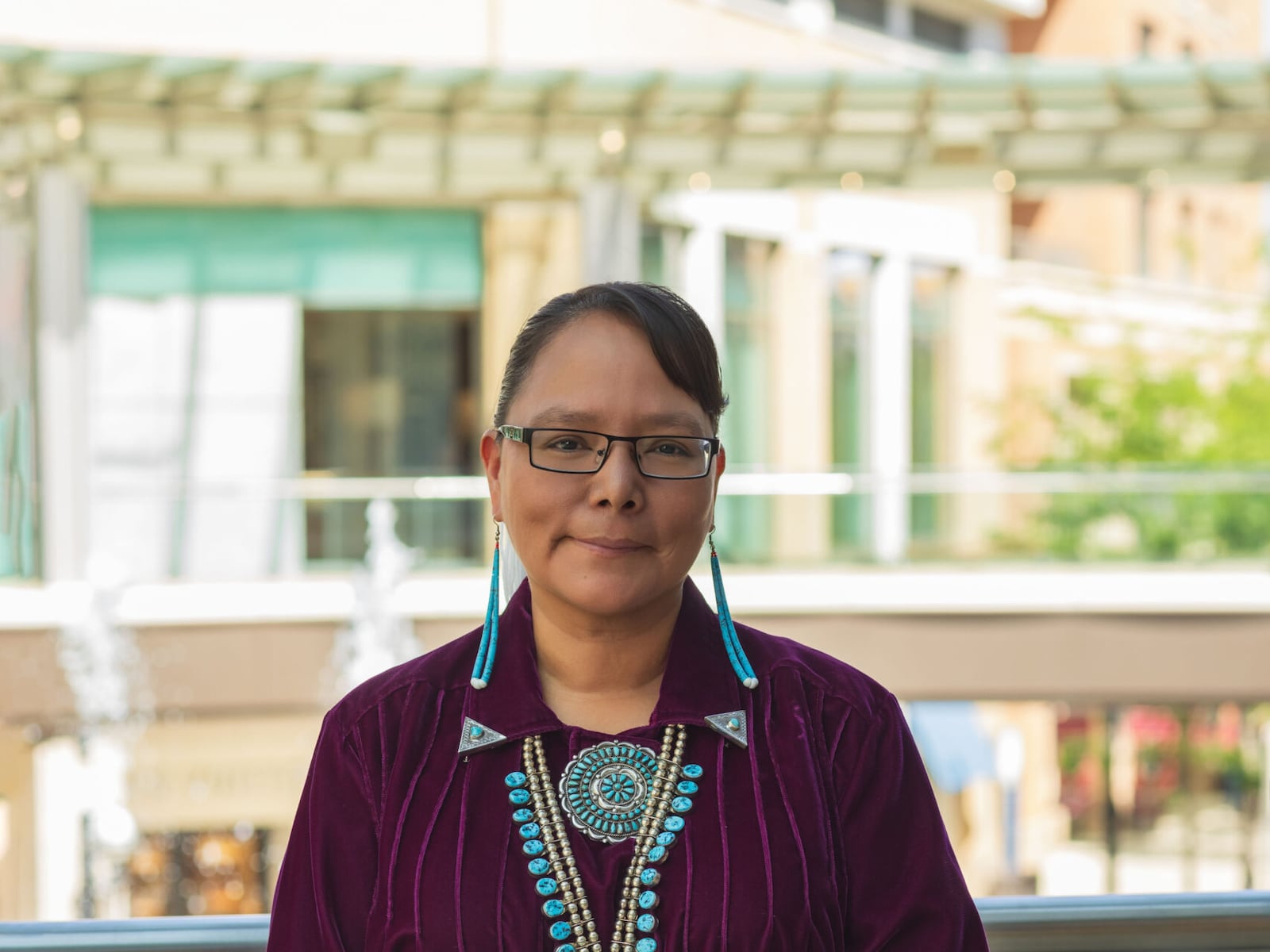in/stephanie-I-benally-86b28655
Few understand the unique needs of Native American foster children quite like Stephanie L. Benally. As the first full-time Native American specialist at Utah Foster Care, she tirelessly champions cultural connection for Native American children in Utah and nationwide.
Benally, a citizen of the Diné (Navajo) Nation, grew up in the Salt Lake Valley with parents committed to community service. “My mom and dad [taught me] to give back to the community through volunteer work and through advocacy work,” she recalls. This early exposure to advocacy and cultural pride laid the foundation for her lifelong commitment to supporting Indigenous communities.
One of Benally’s groundbreaking initiatives to support Native American foster care is the Cedar Project, launched in 2020. This project was inspired by the need to provide cultural resources to foster families and Native children. When a non-Native family fosters a child, they are often not properly educated or equipped to celebrate the child’s heritage. Benally strives to bring awareness to important milestones for Native children, such as First Laugh celebrations, and provide funds or items required to host such ceremonies.
In her current role, Benally has also led the successful development of Utah’s first statewide Native American foster care recruitment and retention plan to encourage and support more Native families to foster Native children. “There’s a need for more Native and kinship foster homes, not only in the state of Utah but in tribal communities across the nation,” Benally explains. “The message we share is, ‘Native homes for Native children.’ And it doesn’t just stay in Utah; it goes nationwide.”
Beyond Utah, Benally continues her extensive advocacy.
“We have people calling in asking questions about the Indian Child Welfare Act or for help with cases,” she says. “My work is recruitment and retention, but it’s also answering questions and making referrals — whatever I can do to be a resource for people.”
Notably, Benally provided testimony for the Native American Women amicus brief and the brief of amici curiae National Indigenous Women’s Resource Center on the Indian Children Welfare Act: Brackeen v. Haaland case.
“When the federal Indian Child Welfare Act went to the Supreme Court, the first step was to provide that testimony,” Benally says, adding that her testimony focused on her personal experience of adopting two children through foster care and the Navajo Nation, paired with her professional experience with Native foster care.
“In June last year, the verdict came through, and it [the Indian Child Welfare Act] was upheld. I was in the kitchen with my kids, and I just embraced them and hugged them. … It’s a good win for us.”
From collecting and delivering ceremonial items to testifying in front of the U.S. Supreme Court, Stephanie Benally has spent her life and career supporting those who need it most. Her most important message: “I’m not going anywhere.” To Main Page


